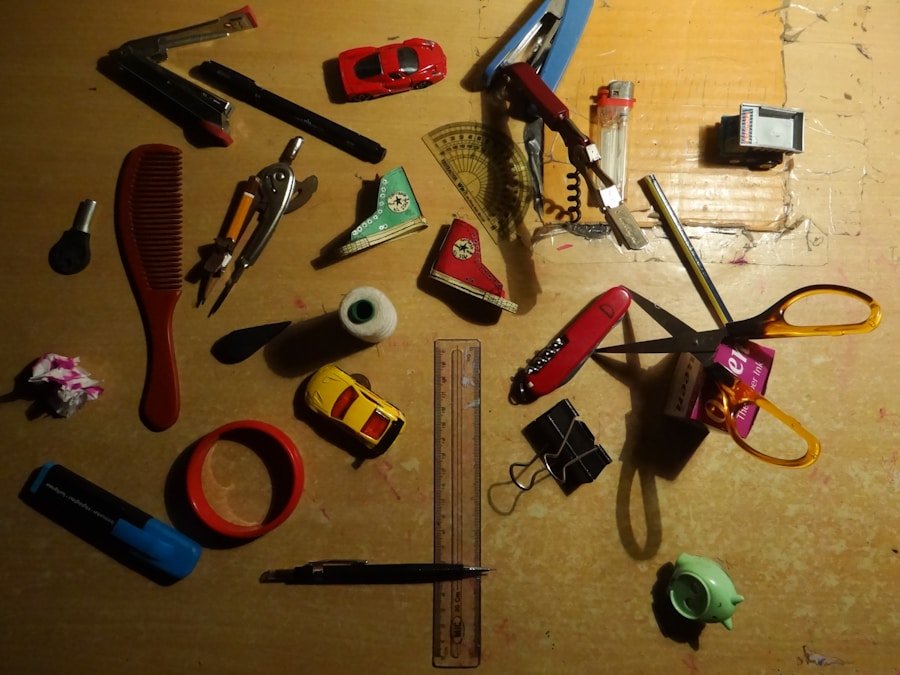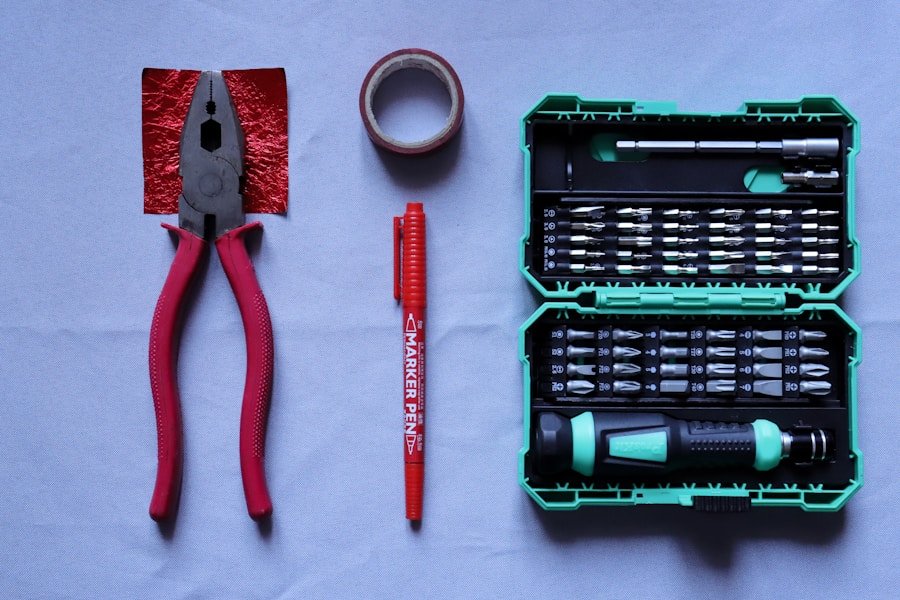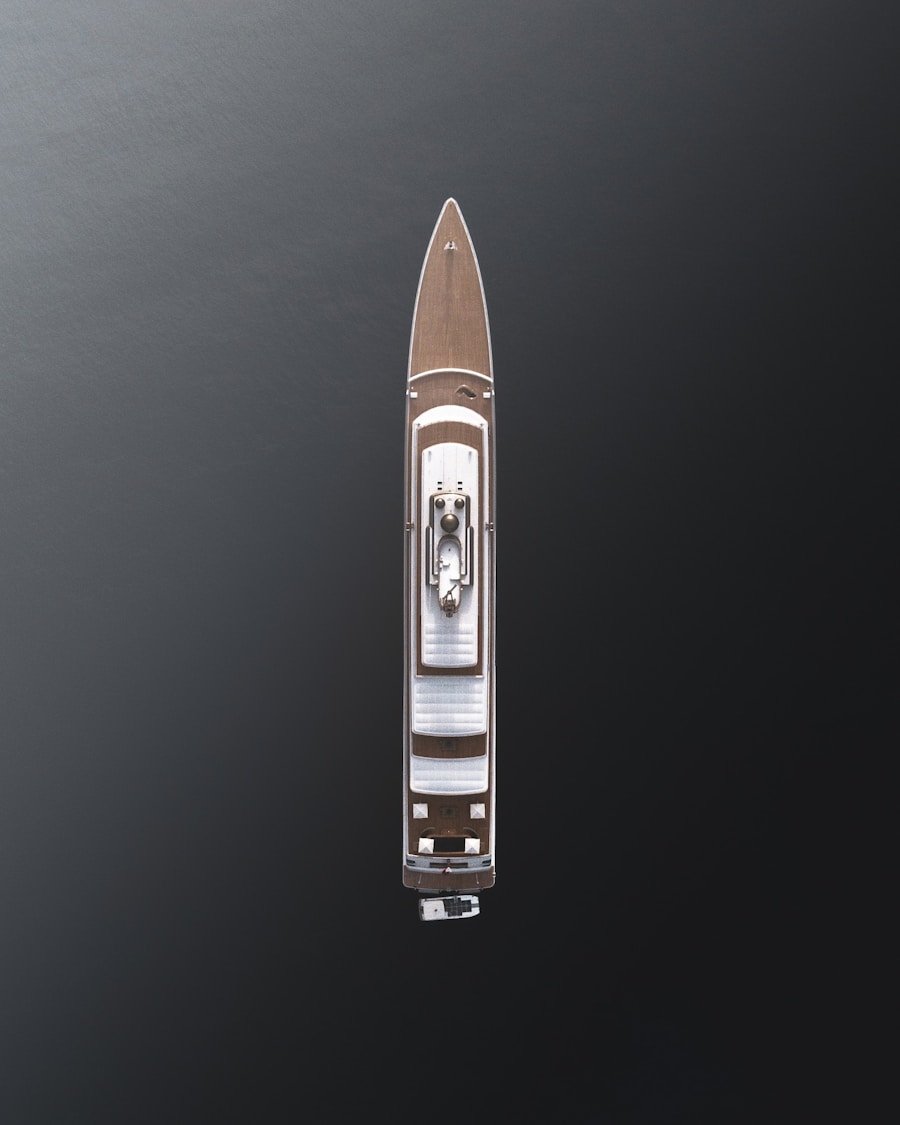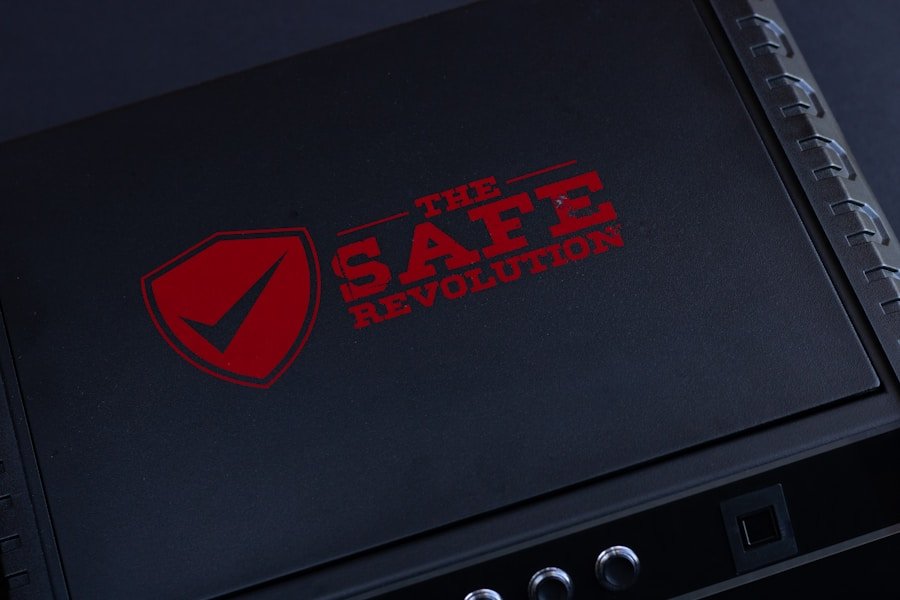Now Reading: Beginner’s Guide to Modding: Essential Tools
-
01
Beginner’s Guide to Modding: Essential Tools
Beginner’s Guide to Modding: Essential Tools

Modding, short for modification, is a fascinating aspect of gaming and software development that allows individuals to alter or enhance existing games or applications. As I delve into the world of modding, I find it to be a creative outlet that empowers me to express my ideas and improve my gaming experience. Whether it’s adding new characters, changing game mechanics, or creating entirely new levels, modding opens up a realm of possibilities that can transform a standard game into something uniquely personal.
The beauty of modding lies in its community; I am not alone in this journey, as countless others share their creations, tips, and experiences, fostering an environment of collaboration and innovation. The appeal of modding extends beyond mere customization; it also serves as a gateway to understanding the underlying mechanics of game design. As I explore various mods, I begin to appreciate the intricate details that developers put into their games.
This newfound knowledge inspires me to experiment with my own modifications, pushing the boundaries of what I thought was possible. Modding can be a learning experience, allowing me to develop skills in programming, graphic design, and even storytelling. Each mod I create becomes a reflection of my creativity and technical prowess, making the process both rewarding and educational.
Key Takeaways
- Modding is the process of modifying hardware or software to enhance performance or aesthetics.
- Essential modding tools include screwdrivers, pliers, thermal paste, and cable ties.
- When choosing modding software, consider compatibility with your hardware and the level of customization it offers.
- Modding hardware requirements may include additional cooling systems, power supply units, and custom cables.
- Modding safety precautions include wearing anti-static wrist straps, working in a well-ventilated area, and unplugging the power supply before making any modifications.
Essential Modding Tools
To embark on my modding journey, I quickly realized that having the right tools is crucial. The first essential tool in my arsenal is a reliable text editor. While many might overlook this simple necessity, I find that a good text editor can significantly enhance my coding experience.
Programs like Notepad++, Visual Studio Code, or Sublime Text offer features such as syntax highlighting and code completion, which make it easier for me to write and debug scripts. These tools help me navigate through complex code with ease, allowing me to focus on the creative aspects of modding rather than getting bogged down by technical difficulties.
Many popular games come with their own modding tools, which provide a user-friendly interface for creating and implementing mods. For instance, games like Skyrim and Minecraft have extensive modding communities that offer dedicated tools designed to simplify the modding process. By utilizing these resources, I can streamline my workflow and access features tailored to the game’s architecture, making it easier for me to bring my ideas to life.
Choosing the Right Modding Software

Selecting the appropriate modding software is a pivotal step in my modding journey. With a plethora of options available, I often find myself weighing the pros and cons of each software package. Some programs are designed for specific games, while others offer broader capabilities that can be applied across multiple titles.
For instance, if I am interested in creating 3D models for a game like The Sims or Fallout, I might turn to Blender or 3ds Max. These powerful modeling tools allow me to create intricate designs and animations that can be seamlessly integrated into the game. Moreover, I must consider the learning curve associated with each software option.
As someone who is still honing my skills, I prefer software that offers comprehensive tutorials and community support. Programs like Unity or Unreal Engine provide extensive documentation and forums where I can seek help from experienced modders. This support network is invaluable as I navigate the complexities of game development.
Ultimately, choosing the right modding software involves balancing my creative aspirations with practical considerations such as ease of use and community resources.
Modding Hardware Requirements
As I dive deeper into modding, I quickly realize that having the right hardware is just as important as selecting the right software. A powerful computer can significantly enhance my modding experience by allowing me to run demanding applications smoothly. For instance, when working with 3D modeling software or rendering complex scenes, I find that a robust graphics card and ample RAM are essential.
Investing in hardware that meets or exceeds the recommended specifications for my chosen software ensures that I can work efficiently without frustrating slowdowns. Additionally, I have learned that storage space is another critical factor in my modding endeavors. High-resolution textures and detailed models can consume significant amounts of disk space, so having a solid-state drive (SSD) can greatly improve loading times and overall performance.
Furthermore, maintaining regular backups of my work is crucial; I have experienced the heartache of losing hours of progress due to unexpected crashes or hardware failures. By ensuring that my hardware is up to par and implementing a reliable backup system, I can focus on creating without the constant worry of losing my hard work.
Modding Safety and Precautions
While modding can be an exhilarating experience, it is essential for me to prioritize safety and take necessary precautions throughout the process. One of the first steps I take is to ensure that I am downloading mods from reputable sources. The modding community is vast, but not all mods are created equal; some may contain malware or other harmful elements that could compromise my system.
By sticking to well-known websites and forums where experienced modders share their work, I can minimize the risk of encountering malicious content. Additionally, I make it a habit to read user reviews and comments before installing any mods. This practice not only helps me gauge the quality of a mod but also alerts me to any potential issues others may have encountered.
Furthermore, I always keep a backup of my original game files before applying any modifications. This precaution allows me to restore the game to its original state if something goes wrong during the installation process or if a mod causes unexpected glitches. By taking these safety measures seriously, I can enjoy modding while protecting my system from unnecessary risks.
Modding Tutorials and Resources

As I embark on my modding journey, I quickly discover that tutorials and resources are invaluable assets in honing my skills. The internet is teeming with guides, videos, and forums dedicated to various aspects of modding. Websites like Nexus Mods and ModDB serve as treasure troves of information where I can find tutorials tailored to specific games or types of modifications.
These resources not only provide step-by-step instructions but also offer insights into best practices and common pitfalls to avoid. In addition to written tutorials, I find video content particularly helpful in visualizing complex processes. Platforms like YouTube host countless channels dedicated to modding tutorials, where experienced creators share their techniques and tips in an engaging format.
Watching these videos allows me to see firsthand how others approach their projects, inspiring me to experiment with new ideas and methods in my own work. By leveraging these tutorials and resources, I can continuously expand my knowledge and improve my modding skills.
Tips and Tricks for Successful Modding
Throughout my modding journey, I’ve picked up several tips and tricks that have proven invaluable in achieving successful results. One key piece of advice is to start small; as tempting as it may be to dive into ambitious projects right away, beginning with simpler modifications allows me to build confidence and develop foundational skills. Whether it’s tweaking existing assets or creating minor gameplay adjustments, these smaller projects serve as stepping stones toward more complex endeavors.
Another important tip is to embrace feedback from the community. Sharing my mods with others not only allows me to showcase my work but also opens the door for constructive criticism that can help me improve. Engaging with fellow modders through forums or social media platforms provides opportunities for collaboration and learning from others’ experiences.
By being open to feedback and willing to iterate on my designs, I can refine my skills and create even better mods in the future.
Troubleshooting Common Modding Issues
Despite my best efforts, I often encounter challenges while modding that require troubleshooting skills. One common issue I’ve faced is compatibility problems between different mods or between mods and the base game itself. When multiple mods alter similar game files or mechanics, conflicts can arise that lead to crashes or unexpected behavior in-game.
To address this issue, I’ve learned to keep track of which mods I’m using and their respective load orders; using tools like LOOT (Load Order Optimization Tool) helps me manage these conflicts effectively. Another frequent challenge involves debugging scripts or code within my mods. When something doesn’t work as intended, it can be frustrating trying to pinpoint the source of the problem.
In these situations, I’ve found it helpful to break down my code into smaller sections and test each part individually. This method allows me to isolate issues more easily and identify where things may have gone awry. Additionally, seeking help from online communities has proven beneficial; often, someone else has encountered similar issues and can offer valuable insights or solutions.
In conclusion, embarking on a modding journey has been an enriching experience filled with creativity, learning opportunities, and community engagement. By understanding the fundamentals of modding, utilizing essential tools and resources, prioritizing safety precautions, and embracing feedback from fellow enthusiasts, I’ve been able to navigate this exciting landscape successfully. As I continue to explore new projects and refine my skills, I’m reminded that modding is not just about altering games—it’s about expressing myself and connecting with others who share my passion for creativity in gaming.
If you are interested in learning more about the evolution of gaming culture, check out this fascinating article here. It provides insight into how gaming has changed over the years and the impact it has had on society. This article can help beginners understand the context in which modding tools have become popular in the gaming community.
FAQs
What are modding tools?
Modding tools are software programs or applications that allow users to modify or customize video games, often by altering the game’s code, graphics, or other elements.
What are some popular modding tools for beginners?
Some popular modding tools for beginners include:
– TES Construction Set for The Elder Scrolls games
– Creation Kit for Skyrim
– Garry’s Mod for Half-Life 2
– Minecraft Forge for Minecraft
– Stardew Valley Modding API for Stardew Valley
Do I need programming knowledge to use modding tools?
While some modding tools may require programming knowledge, there are also beginner-friendly tools that do not require extensive programming skills. Many modding communities offer tutorials and resources to help beginners get started.
Are modding tools legal to use?
In most cases, modding tools are legal to use as long as they are used to modify games for personal use and not for commercial purposes. However, it is important to review the terms of use for each specific modding tool and game to ensure compliance with copyright and intellectual property laws.
Can modding tools be used to create and distribute mods?
Yes, modding tools can be used to create and distribute mods, allowing users to share their custom content with the gaming community. However, it is important to respect the rights of the original game developers and follow any guidelines or restrictions for mod distribution.



























